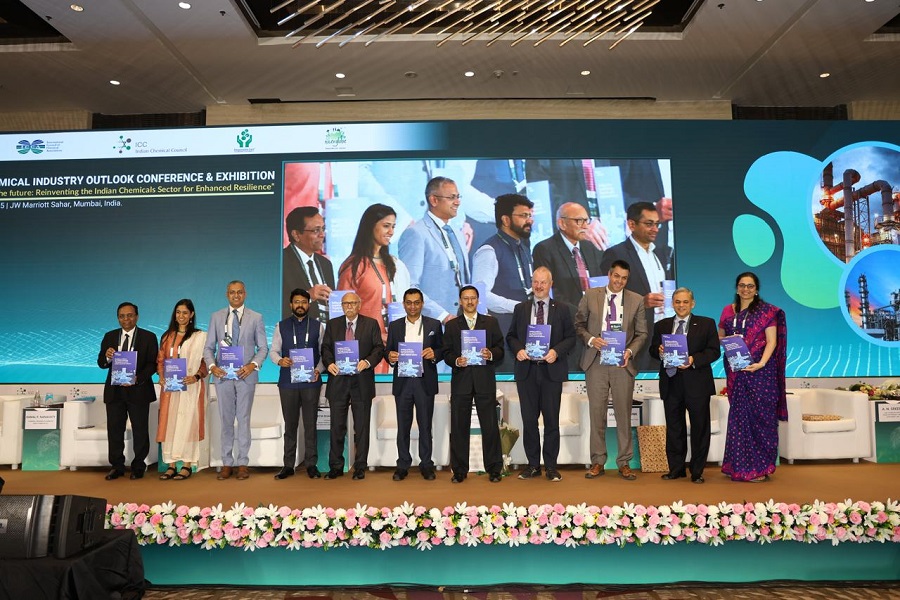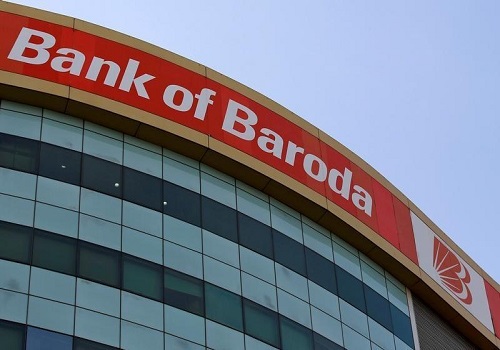`Indian corporate sector begins to contribute to growth of gross fixed capital formation'

The corporate sector has begun contributing to the growth of gross fixed capital formation (GFCF) in FY23, said ICICI Securities Ltd in a report.
Post-pandemic economic recovery was largely driven by growth in GFCF. It grew 25.6 per cent year-on-year (YoY) during FY22 to reach Rs 67.9 trillion in nominal terms. The growth in FY22 was largely driven by household investments into real estate and central government push towards infrastructure capex while state governments and corporates lagged in terms of capex growth, the report notes.
According to ICICI Securities, the GFCF continued to grow robustly in FY23 (YoY growth of 17 per cent) to reach Rs 79.4 trillion with corporates beginning to contribute to capex upcycle.
Corporates are moving beyond 'maintenance capex' towards 'discretionary capex' as seen in the 'capex to depreciation ratio' for listed corporates, the report notes.
Aggregate state governments' capex, which remained a laggard in FY23, is expected to pick pace in FY24 Estimates to reach Rs 8.4 trillion based on state budget estimates and grow YoY at about 17 per cent on the base of FY23 BE (Budget Estimates).
Assuming a slippage of 10 per cent, state capex could still reach the about Rs 7.6 trillion mark. Central government has already committed Rs 10 trillion in the Union Budget towards capex which, given the robust tax buoyancy, appears achievable, ICICI Securities said.
"Household investments in real estate was the biggest driver of GFCF in FY22 accounting for 27.2 per cent of it. We expect the real estate upcycle to continue being driven by strong demand pan-India, rising real estate prices and peak of the interest rate cycle behind us," the report said.




















